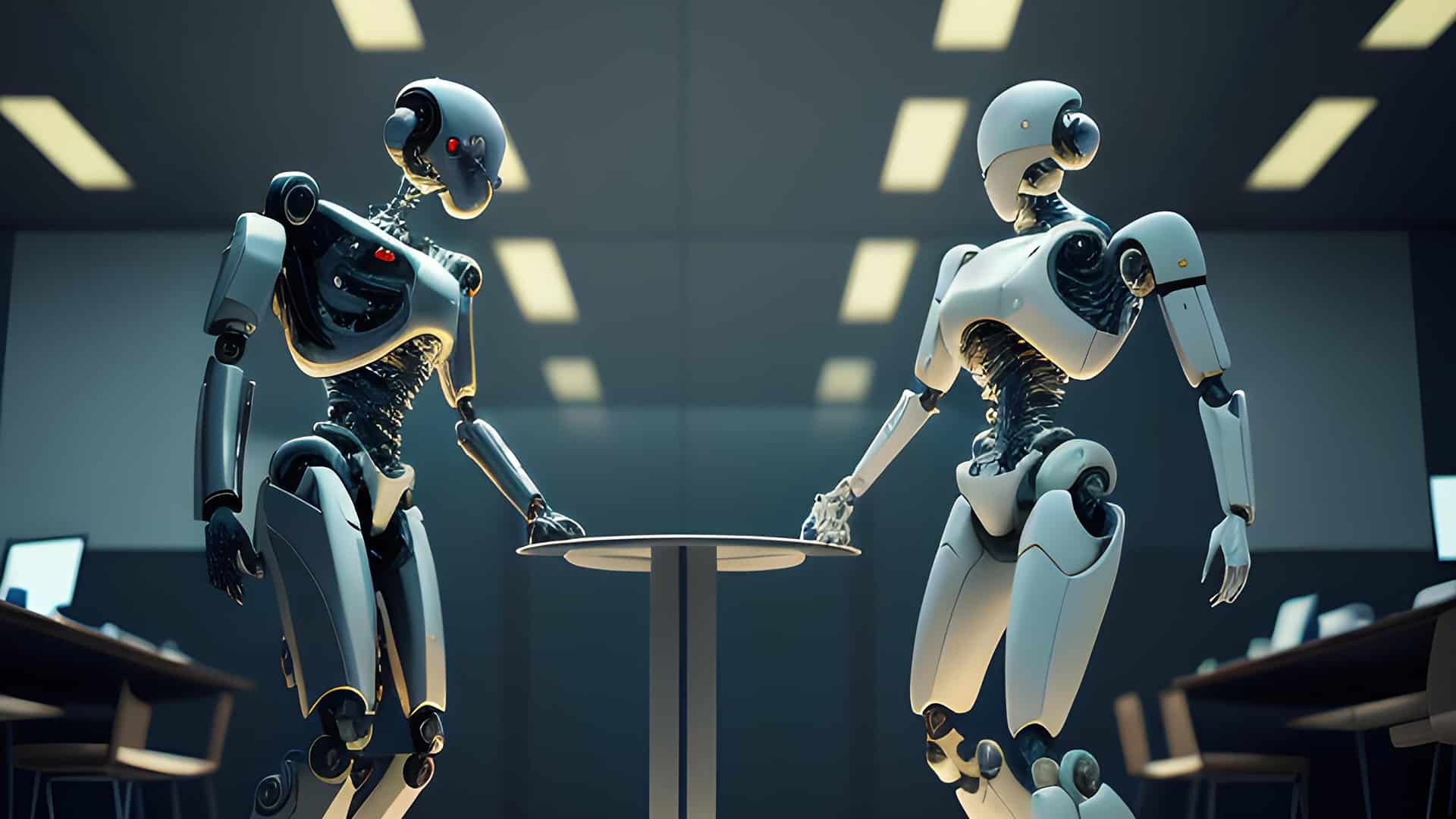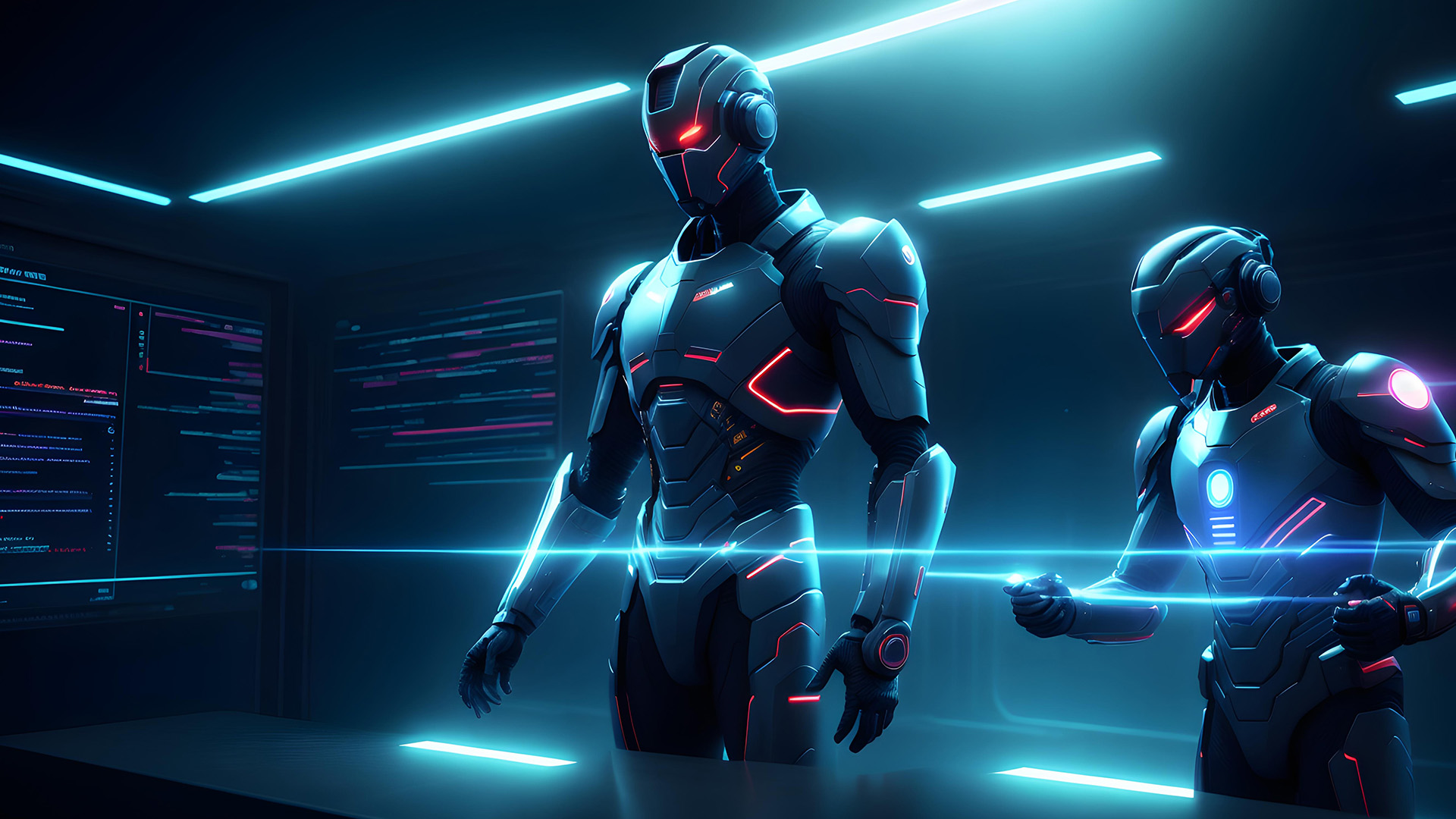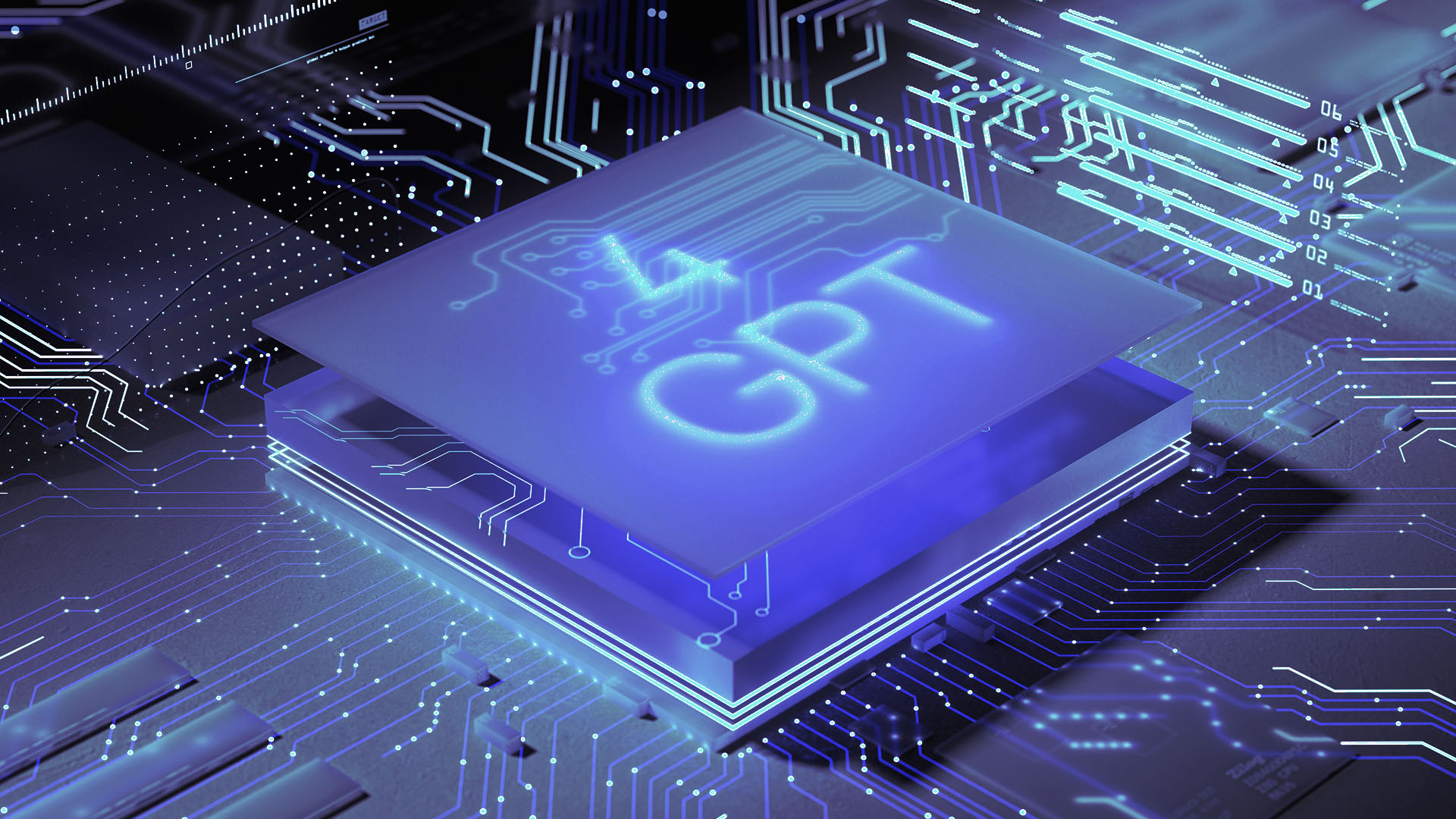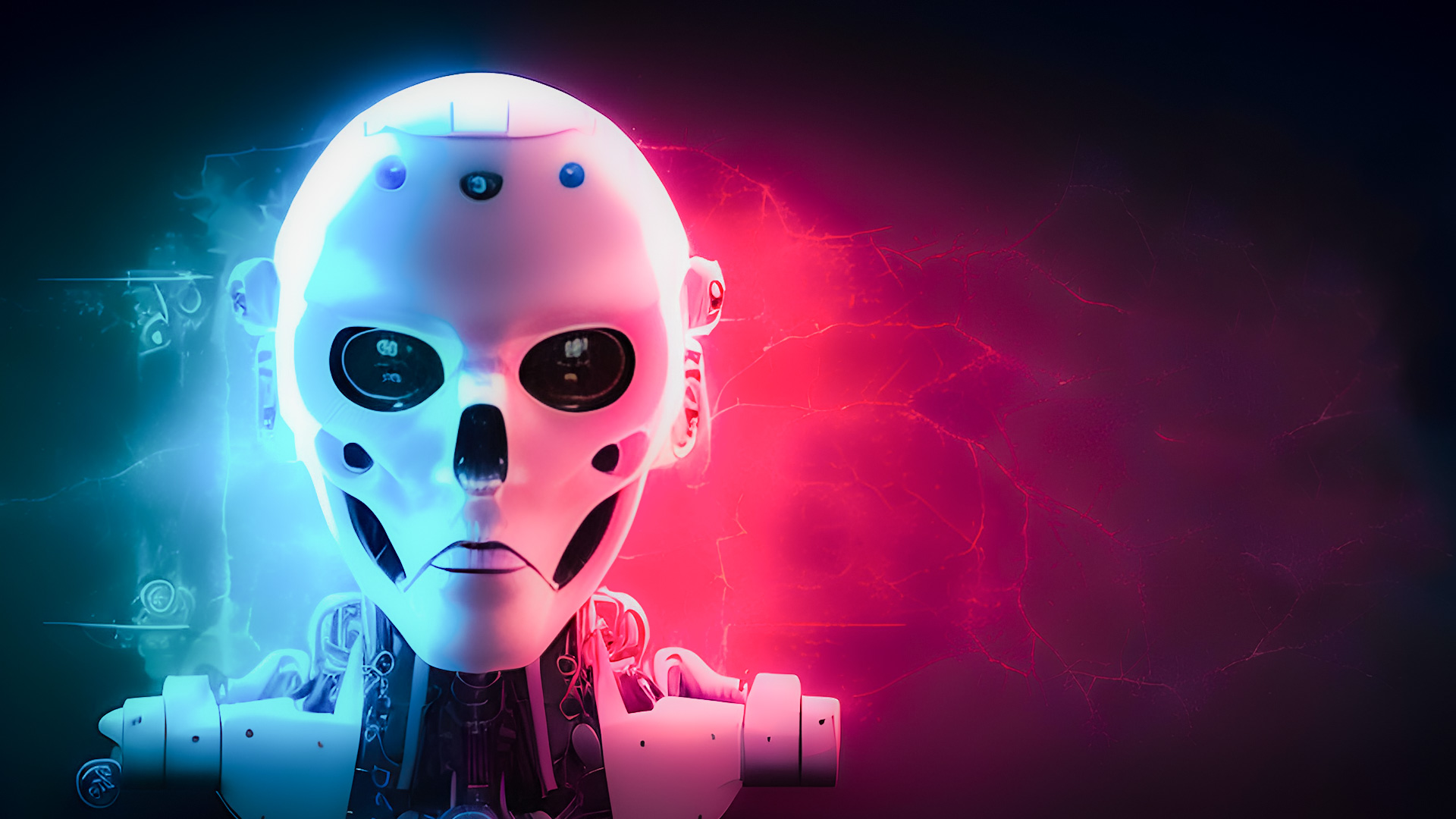Pioneering the Future: Engineering Applications of Artificial Intelligence
Article Updated on June 6, 2023
Artificial Intelligence (AI) continues to redefine the engineering landscape, unlocking a new world of potential applications. Today, we dive into some of the most exciting engineering applications of artificial intelligence that are shaping our future.
A New Frontier: Engineering Applications of Artificial Intelligence
The convergence of engineering and artificial intelligence is not a new concept. Historically, engineers have been at the forefront of technological evolution, leveraging advancements to solve complex problems and create innovative solutions. The inclusion of AI into this mix has been nothing short of revolutionary. In the context of the various engineering disciplines – from civil and mechanical to electrical and aerospace – the engineering applications of artificial intelligence are transforming traditional methodologies.
Artificial Intelligence in Civil Engineering
AI’s influence in civil engineering is reshaping the sector, making structures safer, and projects more efficient. Intelligent systems are aiding in the design process, helping engineers to envision and simulate their plans before a single brick is laid. AI technology can analyze countless data points from various resources, providing accurate risk assessments, evaluating structural integrity, predicting maintenance requirements, and improving resource allocation.
Another significant engineering application of artificial intelligence in this field is in construction management. AI can streamline project schedules, monitor real-time construction progress, and predict possible delays due to weather or other unforeseen factors. Thus, reducing construction time and costs.
Mechanical Engineering and AI: A Dynamic Duo
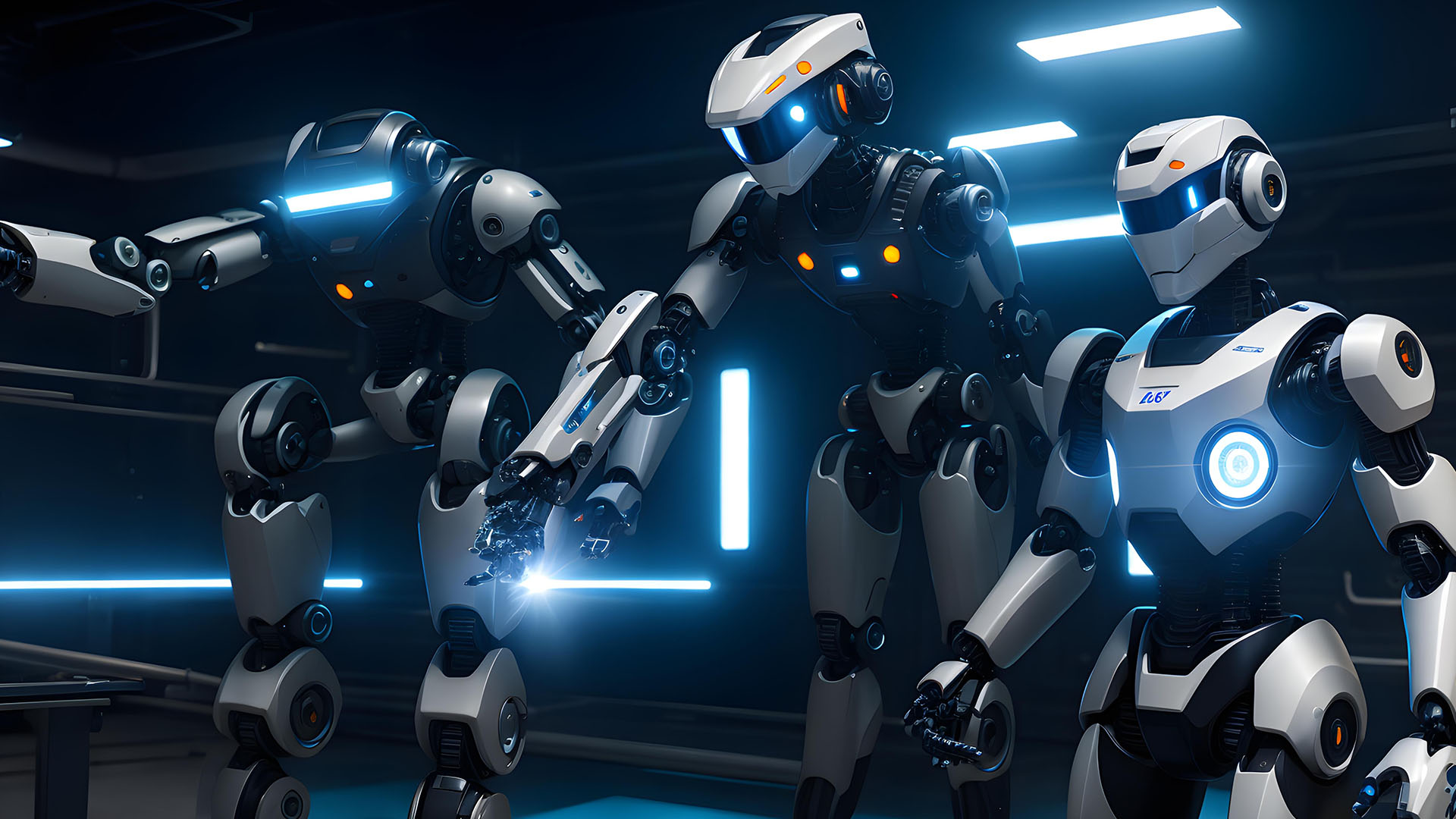
In the realm of mechanical engineering, AI plays a crucial role in designing and manufacturing processes. One prominent engineering application of artificial intelligence in this sector is in the design of complex mechanical parts. AI algorithms, coupled with computer-aided design (CAD) systems, allow engineers to test and refine their designs, ensuring optimal performance while reducing material waste and cost.
On the manufacturing floor, AI systems improve quality control, enhancing the detection of defects in products. By learning from historical data, these systems can predict and prevent potential issues, ensuring the delivery of high-quality products.
Electrifying the Future: AI in Electrical Engineering
AI’s engineering applications in the electrical field are just as profound. AI has become an essential tool for managing and optimizing electrical systems, from power generation to distribution. Intelligent systems analyze usage patterns and grid conditions in real-time, helping to balance supply and demand, prevent outages, and optimize energy usage.
Moreover, in the realm of electronics design, AI algorithms help in designing and optimizing circuitry, predicting system performance, and even troubleshooting and diagnosing faults.
Reaching for the Stars: Aerospace Engineering and AI
AI’s impact on aerospace engineering is monumental. From designing more efficient aircraft to streamlining manufacturing processes and even piloting unmanned vehicles, the engineering applications of artificial intelligence in this field are numerous.
AI algorithms assist in the design of aerodynamic structures, predicting performance, and ensuring safety. These systems can also manage and optimize manufacturing processes, increasing productivity, reducing waste, and lowering costs.
AI-driven systems are also revolutionizing aircraft maintenance. Predictive maintenance algorithms analyze data from aircraft components, predicting potential failures and scheduling maintenance to minimize downtime.
In the realm of space exploration, AI is enabling unmanned missions, making decisions based on real-time data, and responding to unforeseen challenges, which would otherwise be impossible for human-controlled missions.
Shaping the Urban Landscape: AI in Smart Cities
One of the most exciting areas where AI and civil engineering converge is in the development of smart cities. These urban areas leverage technology and data to enhance services, reduce costs, and improve overall quality of life.
AI has made it possible to create intelligent transportation systems that optimize traffic flow, reduce congestion, and improve safety. Predictive analytics, powered by AI, can also be used to forecast infrastructure issues and schedule maintenance before problems occur. AI even plays a crucial role in urban planning, with AI-powered simulations helping to predict the impact of various factors on the city’s growth and sustainability.
AI’s Role in Renewable Energy
Renewable energy systems, particularly solar and wind, benefit significantly from the engineering applications of artificial intelligence. AI algorithms optimize energy production by predicting weather patterns and adjusting the operation of solar panels and wind turbines accordingly. Additionally, AI can manage and balance the supply and demand of renewable energy, enhancing the efficiency of the grid.
In the design and manufacturing of renewable energy systems, AI can help to enhance the performance and durability of these systems. This includes improving the design of wind turbines to maximize energy capture and using predictive analytics to plan for maintenance and avoid system failures.
Autonomous Vehicles: A Revolution in Transportation Engineering
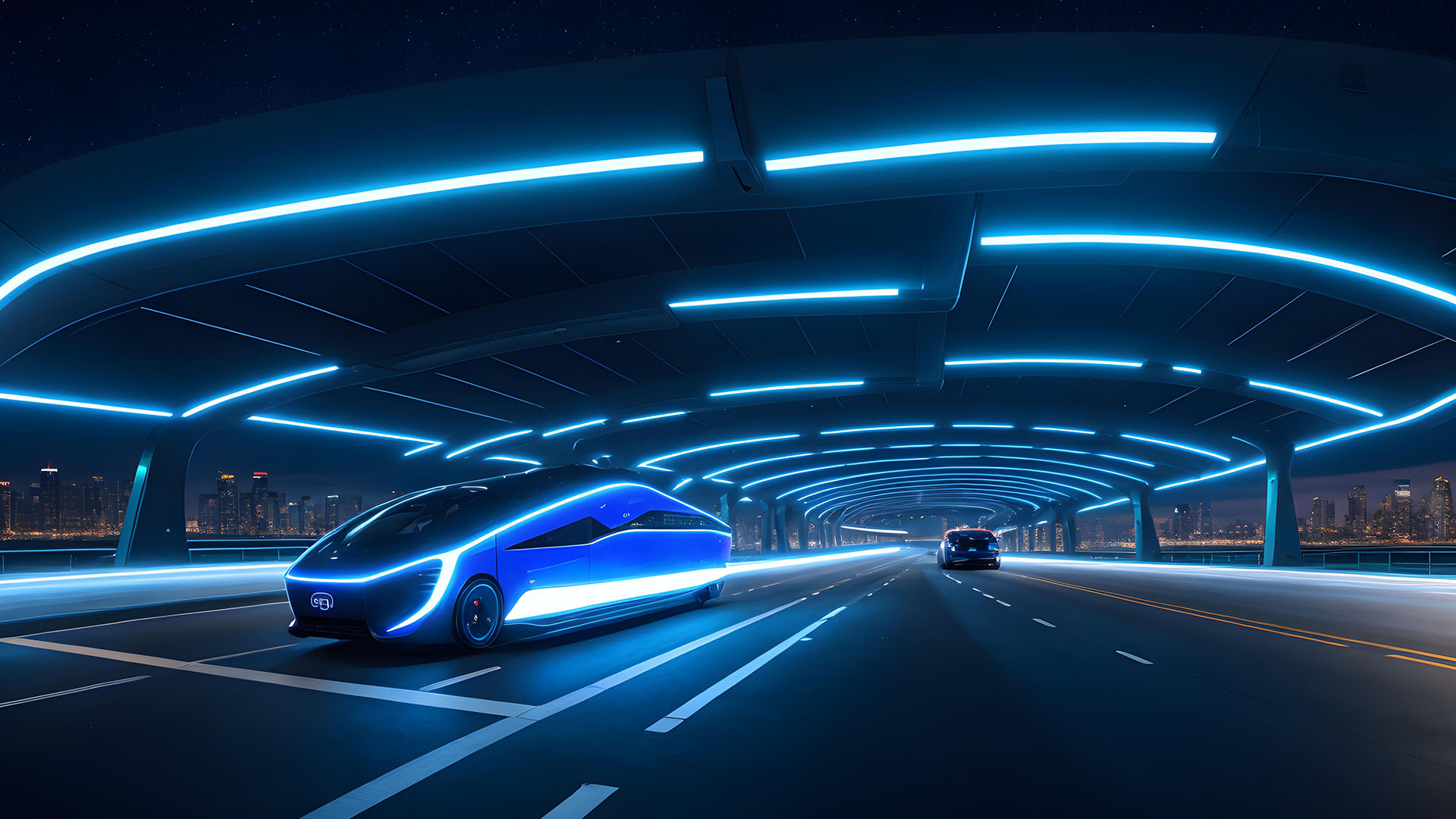
Perhaps one of the most exciting engineering applications of artificial intelligence is in the realm of autonomous vehicles. AI is the driving force behind these vehicles, enabling them to navigate complex roadways, recognize and respond to other vehicles, pedestrians, and traffic signals, and make decisions in real-time.
Autonomous vehicles promise to revolutionize transportation, reducing the number of accidents caused by human error, increasing fuel efficiency, and potentially transforming the logistics industry. While there are still many hurdles to overcome, progress is being made every day, and it’s only a matter of time before self-driving vehicles become a common sight on our roads.
The Intersection of AI and Bioengineering
The bioengineering field, where engineering and medical science intersect, is another area where AI is making a significant impact. AI is used in various applications, from drug discovery and personalized medicine to advanced prosthetics and diagnostic tools.
For instance, AI algorithms can analyze vast amounts of medical data to detect patterns and make predictions, improving diagnosis accuracy and helping to develop personalized treatment plans. In prosthetics, AI is used to create devices that can learn and adapt to the user’s behavior, providing a higher degree of functionality and comfort.
Conclusion
The engineering applications of artificial intelligence are indeed vast and continue to grow. While we have covered many areas, there are still numerous sectors where AI is starting to make an impact, from robotics and agriculture to telecommunications and beyond. As we continue to explore and harness the potential of AI, we can expect a future where technology significantly enhances our ability to innovate and create solutions for a better world.
By driving efficiency, safety, and innovation, the engineering applications of artificial intelligence are set to revolutionize our world. It’s an exciting time to be involved in both the engineering and AI fields, as we continue to push the boundaries of what’s possible.
As engineers, we have a responsibility to harness the power of AI responsibly and ethically, ensuring that we create solutions that benefit all of society. Together, we can shape a future that is smart, sustainable, and forward-thinking – a future powered by AI.
Comments
Pioneering the Future: Engineering Applications of Artificial Intelligence
Article Updated on June 6, 2023

Artificial Intelligence (AI) continues to redefine the engineering landscape, unlocking a new world of potential applications. Today, we dive into some of the most exciting engineering applications of artificial intelligence that are shaping our future.
A New Frontier: Engineering Applications of Artificial Intelligence
The convergence of engineering and artificial intelligence is not a new concept. Historically, engineers have been at the forefront of technological evolution, leveraging advancements to solve complex problems and create innovative solutions. The inclusion of AI into this mix has been nothing short of revolutionary. In the context of the various engineering disciplines – from civil and mechanical to electrical and aerospace – the engineering applications of artificial intelligence are transforming traditional methodologies.
Artificial Intelligence in Civil Engineering
AI’s influence in civil engineering is reshaping the sector, making structures safer, and projects more efficient. Intelligent systems are aiding in the design process, helping engineers to envision and simulate their plans before a single brick is laid. AI technology can analyze countless data points from various resources, providing accurate risk assessments, evaluating structural integrity, predicting maintenance requirements, and improving resource allocation.
Another significant engineering application of artificial intelligence in this field is in construction management. AI can streamline project schedules, monitor real-time construction progress, and predict possible delays due to weather or other unforeseen factors. Thus, reducing construction time and costs.
Mechanical Engineering and AI: A Dynamic Duo

In the realm of mechanical engineering, AI plays a crucial role in designing and manufacturing processes. One prominent engineering application of artificial intelligence in this sector is in the design of complex mechanical parts. AI algorithms, coupled with computer-aided design (CAD) systems, allow engineers to test and refine their designs, ensuring optimal performance while reducing material waste and cost.
On the manufacturing floor, AI systems improve quality control, enhancing the detection of defects in products. By learning from historical data, these systems can predict and prevent potential issues, ensuring the delivery of high-quality products.
Electrifying the Future: AI in Electrical Engineering
AI’s engineering applications in the electrical field are just as profound. AI has become an essential tool for managing and optimizing electrical systems, from power generation to distribution. Intelligent systems analyze usage patterns and grid conditions in real-time, helping to balance supply and demand, prevent outages, and optimize energy usage.
Moreover, in the realm of electronics design, AI algorithms help in designing and optimizing circuitry, predicting system performance, and even troubleshooting and diagnosing faults.
Reaching for the Stars: Aerospace Engineering and AI
AI’s impact on aerospace engineering is monumental. From designing more efficient aircraft to streamlining manufacturing processes and even piloting unmanned vehicles, the engineering applications of artificial intelligence in this field are numerous.
AI algorithms assist in the design of aerodynamic structures, predicting performance, and ensuring safety. These systems can also manage and optimize manufacturing processes, increasing productivity, reducing waste, and lowering costs.
AI-driven systems are also revolutionizing aircraft maintenance. Predictive maintenance algorithms analyze data from aircraft components, predicting potential failures and scheduling maintenance to minimize downtime.
In the realm of space exploration, AI is enabling unmanned missions, making decisions based on real-time data, and responding to unforeseen challenges, which would otherwise be impossible for human-controlled missions.
Shaping the Urban Landscape: AI in Smart Cities
One of the most exciting areas where AI and civil engineering converge is in the development of smart cities. These urban areas leverage technology and data to enhance services, reduce costs, and improve overall quality of life.
AI has made it possible to create intelligent transportation systems that optimize traffic flow, reduce congestion, and improve safety. Predictive analytics, powered by AI, can also be used to forecast infrastructure issues and schedule maintenance before problems occur. AI even plays a crucial role in urban planning, with AI-powered simulations helping to predict the impact of various factors on the city’s growth and sustainability.
AI’s Role in Renewable Energy
Renewable energy systems, particularly solar and wind, benefit significantly from the engineering applications of artificial intelligence. AI algorithms optimize energy production by predicting weather patterns and adjusting the operation of solar panels and wind turbines accordingly. Additionally, AI can manage and balance the supply and demand of renewable energy, enhancing the efficiency of the grid.
In the design and manufacturing of renewable energy systems, AI can help to enhance the performance and durability of these systems. This includes improving the design of wind turbines to maximize energy capture and using predictive analytics to plan for maintenance and avoid system failures.
Autonomous Vehicles: A Revolution in Transportation Engineering

Perhaps one of the most exciting engineering applications of artificial intelligence is in the realm of autonomous vehicles. AI is the driving force behind these vehicles, enabling them to navigate complex roadways, recognize and respond to other vehicles, pedestrians, and traffic signals, and make decisions in real-time.
Autonomous vehicles promise to revolutionize transportation, reducing the number of accidents caused by human error, increasing fuel efficiency, and potentially transforming the logistics industry. While there are still many hurdles to overcome, progress is being made every day, and it’s only a matter of time before self-driving vehicles become a common sight on our roads.
The Intersection of AI and Bioengineering
The bioengineering field, where engineering and medical science intersect, is another area where AI is making a significant impact. AI is used in various applications, from drug discovery and personalized medicine to advanced prosthetics and diagnostic tools.
For instance, AI algorithms can analyze vast amounts of medical data to detect patterns and make predictions, improving diagnosis accuracy and helping to develop personalized treatment plans. In prosthetics, AI is used to create devices that can learn and adapt to the user’s behavior, providing a higher degree of functionality and comfort.
Conclusion
The engineering applications of artificial intelligence are indeed vast and continue to grow. While we have covered many areas, there are still numerous sectors where AI is starting to make an impact, from robotics and agriculture to telecommunications and beyond. As we continue to explore and harness the potential of AI, we can expect a future where technology significantly enhances our ability to innovate and create solutions for a better world.
By driving efficiency, safety, and innovation, the engineering applications of artificial intelligence are set to revolutionize our world. It’s an exciting time to be involved in both the engineering and AI fields, as we continue to push the boundaries of what’s possible.
As engineers, we have a responsibility to harness the power of AI responsibly and ethically, ensuring that we create solutions that benefit all of society. Together, we can shape a future that is smart, sustainable, and forward-thinking – a future powered by AI.



